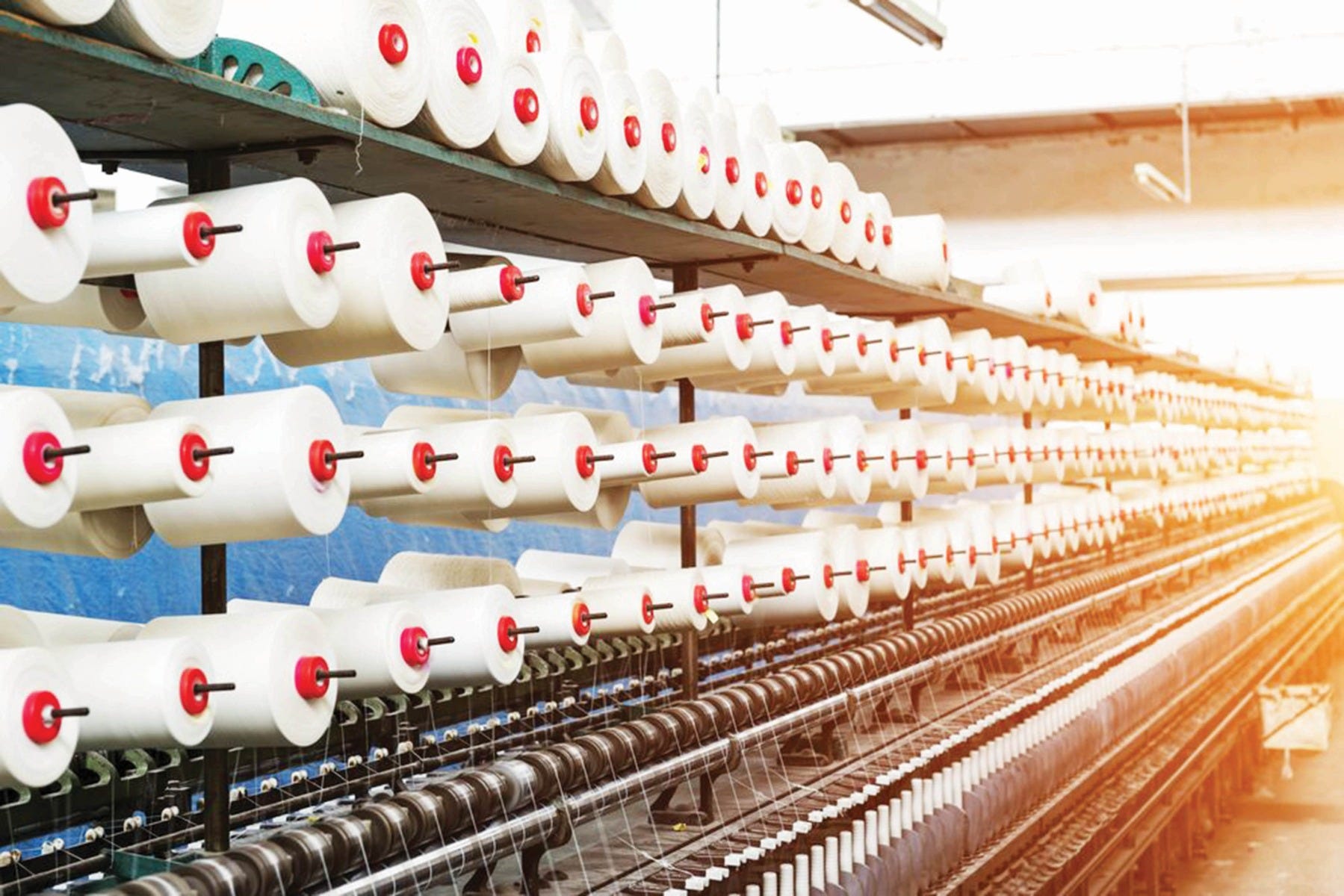Downstream textile industry in India struggles with QCOs on man-made fibres

India's man-made fibre (MMF) textile sector is facing a significant downturn, with exports falling by 11 per cent to $9.03 billion in FY24 and apparel exports specifically dropping by 22 per cent compared to the previous year. Downstream synthetic textile manufacturers are blaming the recently implemented Quality Control Orders (QCOs) on polyester staple fibre (PSF) and viscose staple fibre (VSF) as a key factor crippling the industry.
Impact of QCOs
Higher costs and limited access
Industry stakeholders allege the QCOs, which mandate BIS certification for imported PSF and VSF, have led to a significant increase in raw material prices within India compared to the global market. This is because BIS has been selective in granting certifications, particularly to foreign manufacturers, limiting access to cheaper alternatives. For instance, despite China and Thailand being major suppliers, no Chinese PSF units and only three Thai units (two owned by an Indian company) have received certification. Similarly, no Indonesian or Singaporean VSF producers have been certified.
Production slowdown and job losses: Curtailed imports have forced downstream manufacturers to rely more on domestic suppliers, but these sources are often more expensive and lack sufficient capacity, especially for specialized fibres. This has resulted in a significant decline in production capacity utilization, with yarn spinners running at just 50-75 per cent capacity. The situation is likely to lead to job losses across the textile value chain.
For example, VSF imports plummeted by 65 per cent in FY24 due to QCOs. Grasim Industries, the sole VSF producer in India, lobbied for the QCO implementation, raising concerns about potential anti-competitive practices. The Competition Commission of India (CCI) previously ruled that Grasim had abused its dominant market position in VSF.
Industry demands relief
Downstream manufacturers are urging the government to completely remove QCOs on PSF and VSF, arguing that BIS certification should be applied to finished garments, not raw materials.
The industry views the current exemption under the advance authorization (AA) scheme, which allows duty-free import for export-oriented production, as inadequate due to its limited applicability.
However, the government has not responded to requests for comments. However, a PLI scheme with a Rs 10,683 crore outlay has been introduced to incentivize MMF sector growth. Industry experts remain skeptical given the current challenges.
The future of the Indian MMF textile sector is uncertain. While there are signs of cautious optimism regarding inventory correction and brand growth, several headwinds persist. These include high-interest rates, inflation, and global demand slowdown. Addressing the raw material availability issues caused by QCOs alongside other structural challenges will be crucial for the industry's revival.
